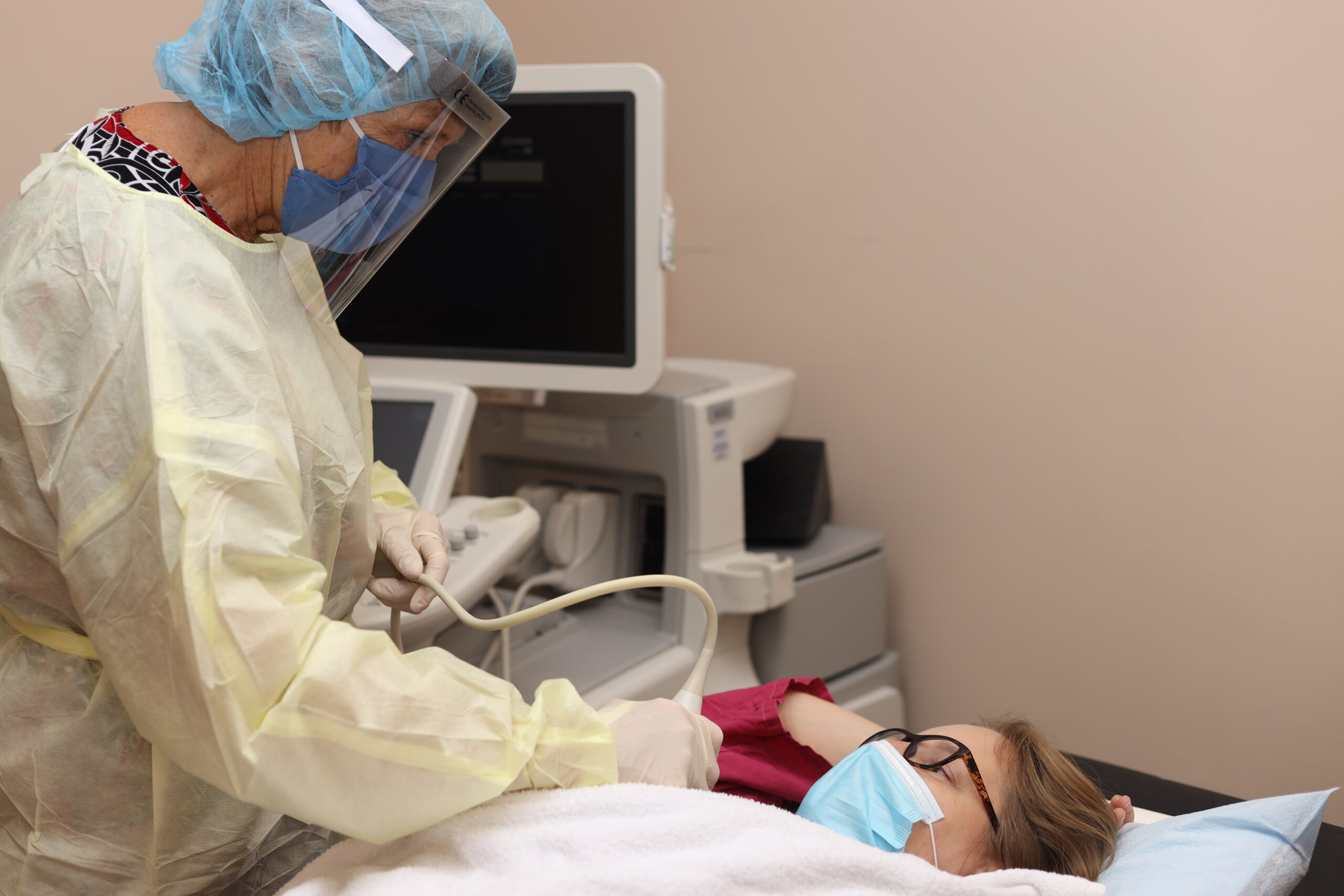Since 1986, The Rose has served both insured and uninsured women, with a patient population that is as diverse as the Greater Houston area. We have a long history of eliminating the barriers that keep women from annual breast cancer screenings, especially the uninsured, women of color, and women in rural areas. However, the effects of the pandemic on women’s healthcare, breast healthcare, and cancer screening/care cannot be understated.
The pandemic has upended women’s imaging:
In 2020, COVID-19 profoundly impacted all facets of care for women’s imaging, including breast cancer screening, diagnosis, and treatment. Mammography units saw a 70.4 percent decline in procedures. In fact, a survey conducted by the National Consortium of Breast Centers (NCBC) found that COVID-19 delayed screening mammography exams by 94 percent, ultrasound exams by 65 percent, and breast MRI exams by 65 percent.
Breast cancer screening increases survival rates:
Mammography screening reduces the risk of dying of breast cancer by 41 percent within ten years of diagnosis, according to a study in Sweden. The study also found a 25 percent reduction in advanced breast cancer rates among women who used screening mammography compared with those who did not.
Long-range cost in human life:
Because of the pandemic’s effects on screening, a 2020 Science study predicted at least 10,000 excess deaths from breast cancer will occur over the next 10 years. However, the prolonged duration of the pandemic wasn’t anticipated, which could increase the death toll. Our centers average 100 patients per day, but during 2020 and the first half of 2021, we limited appointments to allow for additional cleaning and social distancing. The most serious decline was for our Mobile Mammography coaches, where cleaning and distancing efforts diminished patient capacity by 50 percent.
Why are uninsured women more likely to die from breast cancer?
Efforts to reach uninsured women and women of color have increased over the last decade but due to COVID, screenings declined. Uninsured women diagnosed with breast cancer are 60 percent more likely to die from the disease than women who have health insurance, and 2.6 times more likely to be diagnosed later with advanced cancer.
The reason? The lack of access to screening plus diagnostic follow-up delays result in later-stage discovery and more advanced cancers. The Rose diagnoses between 400 to 450 women annually, and our statistics reflect this: from 2015 through 2021 (a six-year span), only our uninsured patients have been diagnosed with Stage 4 breast cancer.
Cancer treatment and care hobbled by the pandemic:
Care and treatment have been impacted in many hospitals, where so-called “elective” cancer treatments and surgeries were deprioritized to preserve clinical capacity for COVID-19 patients. Some patients received less intense chemotherapy and/or radiotherapy, and in other cases, operations to remove a newly detected tumor were delayed.
There can be no doubt the COVID-19 pandemic is causing delayed screening, diagnosis, and care for patients. Sadly, it may have a detrimental effect on cancer care and progress for years to come. This is why it is vital that women resume their regular breast cancer screening mammograms. At The Rose, we continue to do all that we can to see and serve as many patients as possible.
To schedule a media interview with any member of The Rose, please contact Ivis Batista at 978-885-7306 or email [email protected]. For more information, or to donate or volunteer, please visit www.therose.org.
About The Rose
Since 1986, The Rose has provided a full range of breast health services to more than one million patients. Its mission is to save lives through quality breast health services, advocacy and access to care for all. As one of 12 ACR Designated Comprehensive Breast Imaging Centers in Houston, The Rose is led by Fellowship trained physicians and its nationally recognized Patient Navigation Program ensures access to treatment and a continuum of care for all women. As a major part of Southeast Texas’ Healthcare Safety Net, The Rose is a strong advocate for access to care. Annually, The Rose provides direct medical services to 40,000 insured and uninsured patients. Two Houston-based comprehensive Diagnostic Centers and a fleet of Mobile Mammography Coaches provide services to women throughout 45 counties in Southeast Texas.




